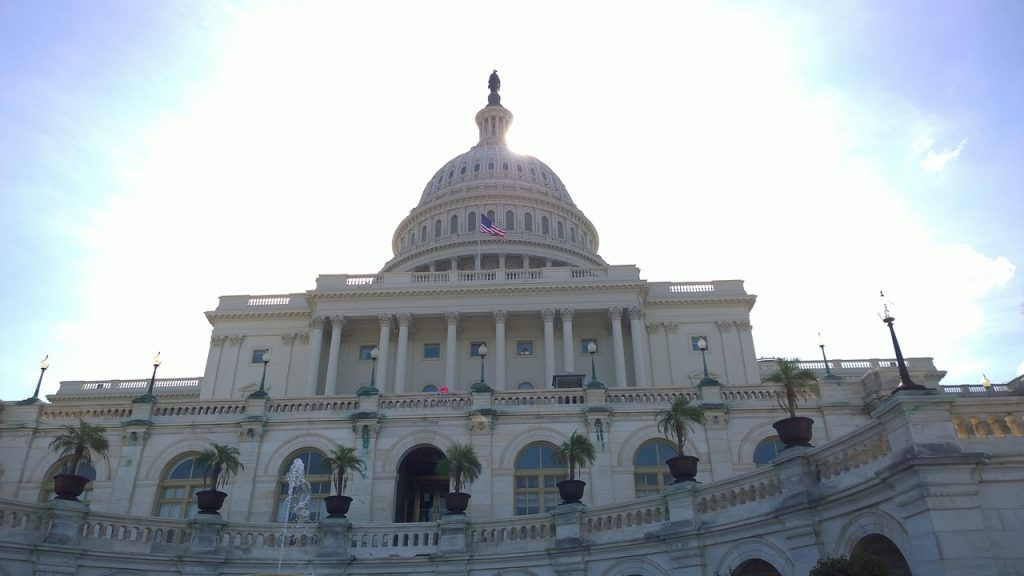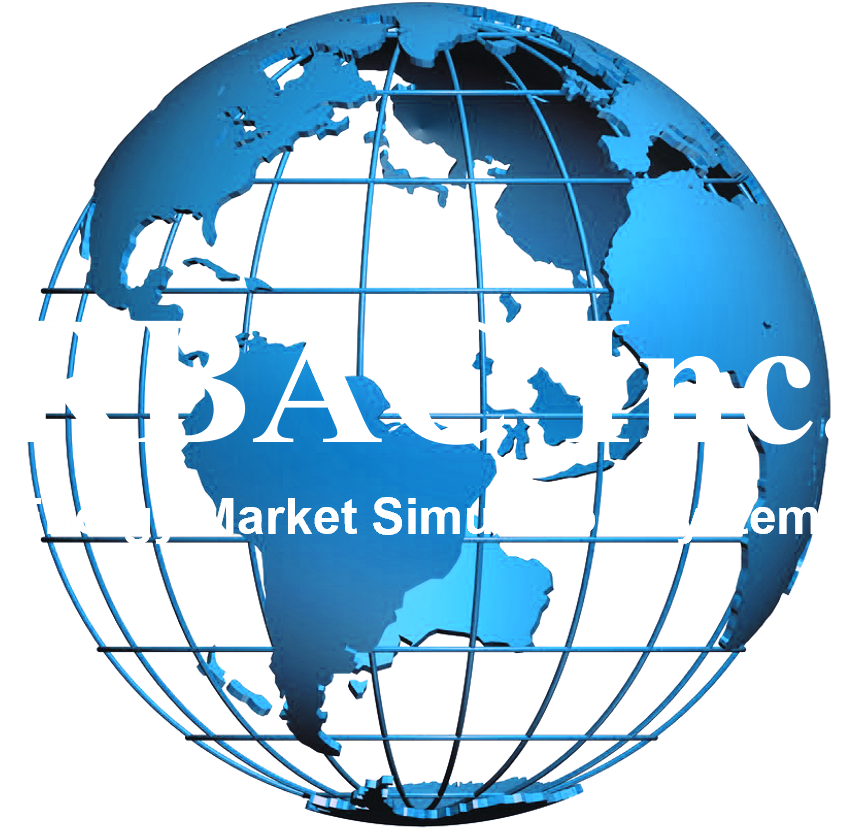
At the USAEE / IAEE Conference in Houston, Texas, October 25th – 28th, RBAC attended and had some very interesting takeaways from the panel on the Inflation Reduction Act (IRA), and its impact on the U.S. economy. According to the panel, there will be:
- Investment shifts to massive new investment in electricity and clean energy infrastructure (including for grid, EV charging, hydrogen, DAC and CO2 pipelines), in the form of subsidies.
- On the other side, GHG pricing can have many benefits, including setting the right incentive for investment and giving headroom for alternative technologies. However, GHG pricing does not look likely at the moment, given the direction IRA is taking. Subsidies can support a “broad” range of technologies but are not technology neutral.
- Also, due to IRA, investment in fossil fuels is likely to fall.
- As a result, there is likely to be a shift in employment: a decrease in oil and gas, an increase in renewable energy. Major increases in some manufacturing sectors (solar PV, batteries, and building efficiency improvements).
- 8 million jobs will be added by 2030, and nearly 1.5 million of these additional jobs will be due to the IRA.
- Real disposable personal income per capita will grow by $3,562 from 2021-2030.
- GDP growth is projected to be higher every year of the decade, with annual GDP growth to $28.5 trillion by 2030, $250 billion of which is the result of the IRA.
- Manufacturing jobs grow by 1.1 million — 150,000 of these jobs due to domestic content provisions in the IRA.
- Geographic advantages change: countries with critical minerals or zero-emissions industrial energy capacity have significant advantages in the new global zero-emission marketplace. The IRA is designed to try to change that, with more critical minerals production occurring in the US.
- Greenhouse gas emissions are projected to decline by 37% between 2005 and 2030, and overall energy demand to drop by 5% by 2030 because of efficiency gains and further electrification in the economy.
- With the IRA, inflation is projected to drop from its current level, with lowered inflation in 2024 helping stabilize the annual rate for the rest of this decade at about 2%, the Fed’s target for a healthy economy.
However, some concerns arise about these ideas:
- There is an assumption of reduction of renewables energy cost but this is based on heavy subsidies. Thus, the concern remains about the true cost reduction once the subsidies end, considering the subsidies are both tax credits as well as government grants.
- The assumption that the IRA can be successful in generating the human capital and capability to support major renewables growth is critical, while the U.S. has not experienced such a massive build for several decades. The regulatory regime (including permitting and feasibility process) and engineering experience and skills may be the bottleneck for the plan.
- The support and reasoning for the claimed reduction of inflation, in the face of vastly increased government spending, remains unclear.
- Given continuing demand for coal, oil and gas, will total energy-related employment merely shift to other energy sources, expand, or decline?
- The IRA doesn’t appear to take into account the likelihood of major increases in materials costs required by the green sector due to increased demand and mining, along with the associated decrease in mineral grades.
RBAC is here to help you navigate through the energy transition. Our natural gas and LNG market simulation tools such as GPCM for North America and G2M2 for the global market, will reduce decision uncertainties in this volatile market. And check out Gas and LNG Visual Analytics for the best way to represent your data.


